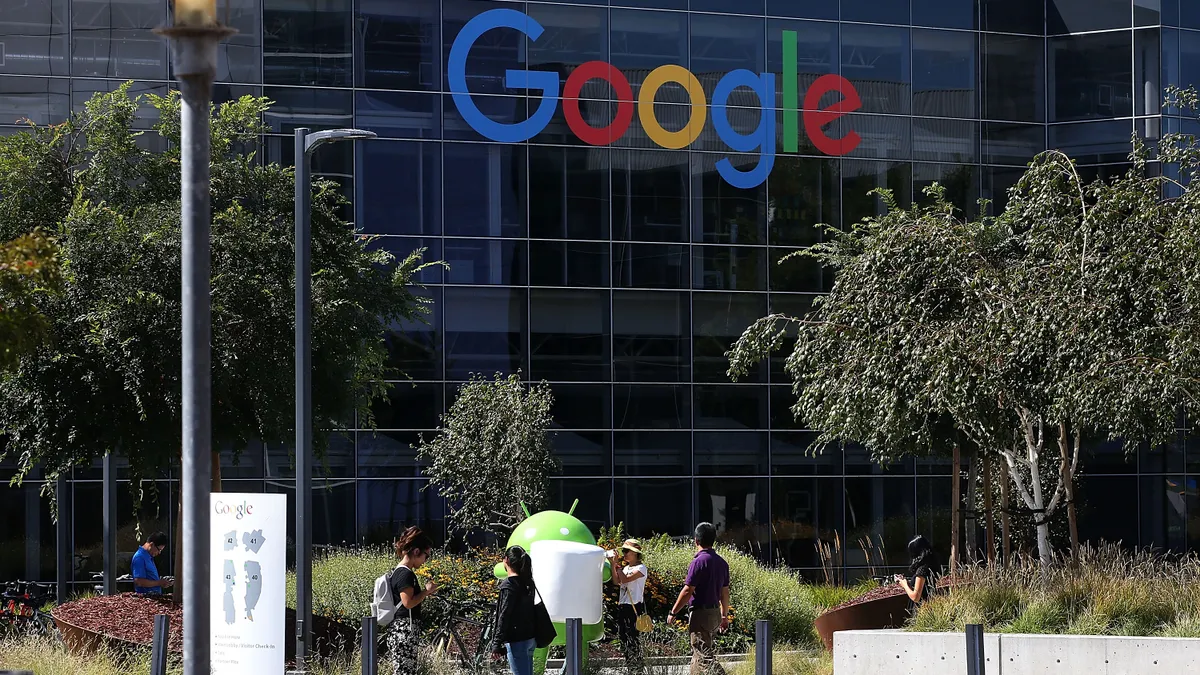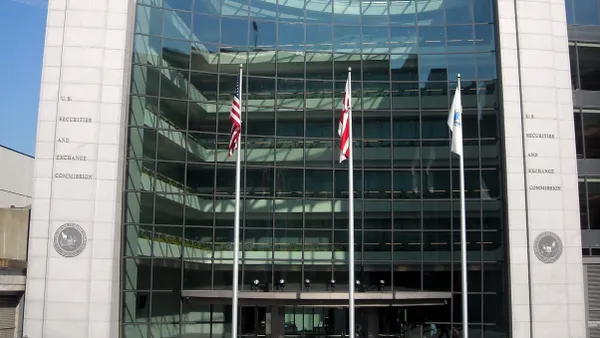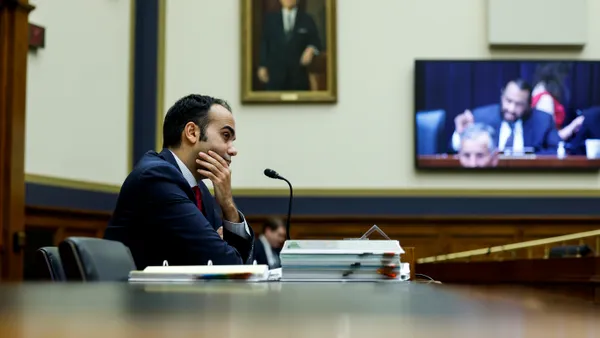Google hasn’t been forthcoming about preserving internal employee chats as part of an antitrust case, Judge James Donato of the U.S. District Court for the Northern District of California says.
“Google falsely assured the Court in a case management statement … it had ‘taken appropriate steps to preserve all evidence relevant to the issues reasonably evident in this action,’ without saying a word about Chats,” the judge said in his March 28 ruling.
Epic Games, one of the plaintiffs in multidistrict litigation (MDL) against Google over how it treats rivals on its Play Store app platform, filed a motion last year accusing the company of deliberate spoliation of evidence by leaving it up to its employees to decide which, if any, chats they should preserve as part of the legal hold for the case rather than systematically preserving them like it does other types of communications.
"Any administrator of Google Chats – an application developed by Google — could have changed this default setting at any point for all custodians,” Epic said in the motion it filed in October. “Google has never claimed otherwise. But Google chose not to change the setting."
Case detour
In his ruling, Judge Donato took a swipe at Google for making the court take this detour into its legal hold practices when it knew years ago it should have been preserving its relevant chat messages.
“The Court has … had to spend a substantial amount of resources to get to the truth of the matter,” he said, “including several hearings, a two-day evidentiary proceeding, and countless hours reviewing voluminous briefs. All the while, Google has tried to downplay the problem and displayed a dismissive attitude ill tuned to the gravity of its conduct.”
The company has been deliberately misleading because it said it couldn’t change its chat history settings when in fact it could, Donato said.
“The intentionality manifested at every level within Google to hide the ball with respect to Chat” is a major concern, he said. “Its initial defense was that it had no ‘ability to change default settings for individual custodians with respect to the chat history setting,’ but evidence at the hearing plainly established that this representation was not truthful.”
The judge ordered Google to pay plaintiffs’ legal fees for this part of the proceedings. He will decide later, once there’s a clearer picture of the impact of the lost evidence on the case, what non-monetary remedy he should impose.
“The Court would like to see the state of play of the evidence at the end of fact discovery,” Donato said. “At that time, plaintiffs will be better positioned to tell the Court what might have been lost in the Chat communications.”
Other cases
Google is in hot water in other cases over its handling of chat messages. The Department of Justice is suing it on antitrust grounds for making allegedly unfair payments to other companies to help it preserve its online search dominance.
As part of that case, DOJ has accused Google of lying about setting up a system to preserve chat messages when in fact it didn’t.
“For nearly four years, Google systematically destroyed an entire category of written communications every 24 hours,” DOJ said.
Google said the agency’s spoliation charge is unfounded.
“Our teams have conscientiously worked for years to respond to inquiries and litigation,” a company spokesperson told The Wall Street Journal. “In fact, we have produced over 4 million documents in this case alone, and millions more to regulators around the world.”
Chat preservation is an issue in a third antitrust case, also brought by DOJ, over the company’s practices to protect its online ad-placement dominance.











